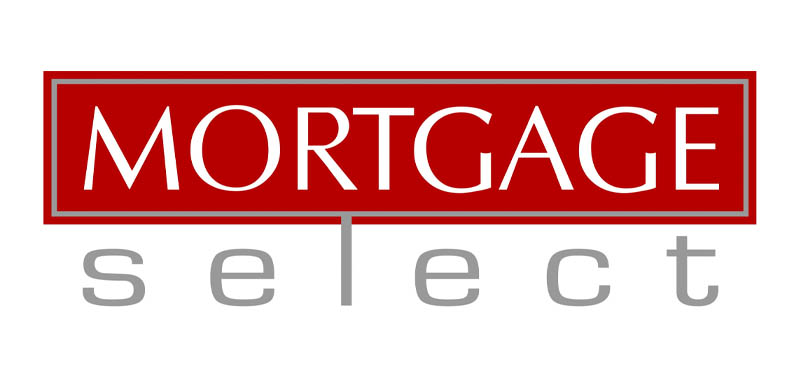As voice assistants like Alexa, Siri, and Google Assistant become household names, the way people search for information is changing.
Voice search isn’t just another tech fad – it’s changing the way customers find local businesses like yours! Whether someone is asking their phone, “Where is the nearest bakery?”, or for a “Web designer near me”, or “What time does the supermarket close?” the answers often come from websites that are designed with voice search in mind. If you run a business, you need to think about which questions people are asking about your business and your competitors to make sure you are found when searching.
A few tips and things to consider:
• Your local SEO needs to be up-to-date.
Voice search tends to be particularly local, people use it to find nearby services quickly, searching things like “local coffee shop open now” and “restaurants in Taunton” etc. To make sure you are found, you need to keep your Google Business Profile up to date with your business name, address and opening times. It’s also a good idea to include location-specific keywords in your website and blog posts to make sure you are coming up in the right area.
• Having a mobile-friendly site is a must-have for voice search.
As many voice searches happen on mobile devices, often while users are on the go, if your website isn’t mobile-friendly, fast, and easy to navigate, potential customers may never even see your site. We focus on responsive website design that works on all screen sizes and keeps your site loading as fast as possible. It’s also useful to have easy-to-read call to actions like “Call Now” or “Get Directions”.
• Try to answer questions you think people are asking.
Unlike traditional keyword searches, voice searches are usually fully narrated questions. Instead of typing “designer near me,” someone might ask, “Who is the best-rated web designer near me that’s open now?”. To show up in voice search results for these types of searches, your website needs to answer these specific questions. Adding an FAQ section can be an easy way to incorporate these questions with helpful answers as well. You have to think about creating content that mimics how people actually speak, rather than short-form keyword searches.
• Think beyond the screen.
Since people using voice search might only hear your website’s answers and never see the actual page. It’s really important to have a clear website design and focus on the content. This means putting the most important details like contact info and hours front and centre. As well as explaining what you do in a simple way, and making sure each page has a clear reason for being there.
Our final thoughts…
For businesses, voice search can be a game-changer. It levels the field by allowing smart, optimised websites to compete with bigger brands, even without a massive marketing budget.
The things to start with are: updating your business listings, writing content that answers common customer questions, and making sure that your site loads quickly on mobile devices. These changes alone can put your business ahead of the curve in the voice search era. If you need any help optimising your website or with Google business listings, get in touch with us today.













